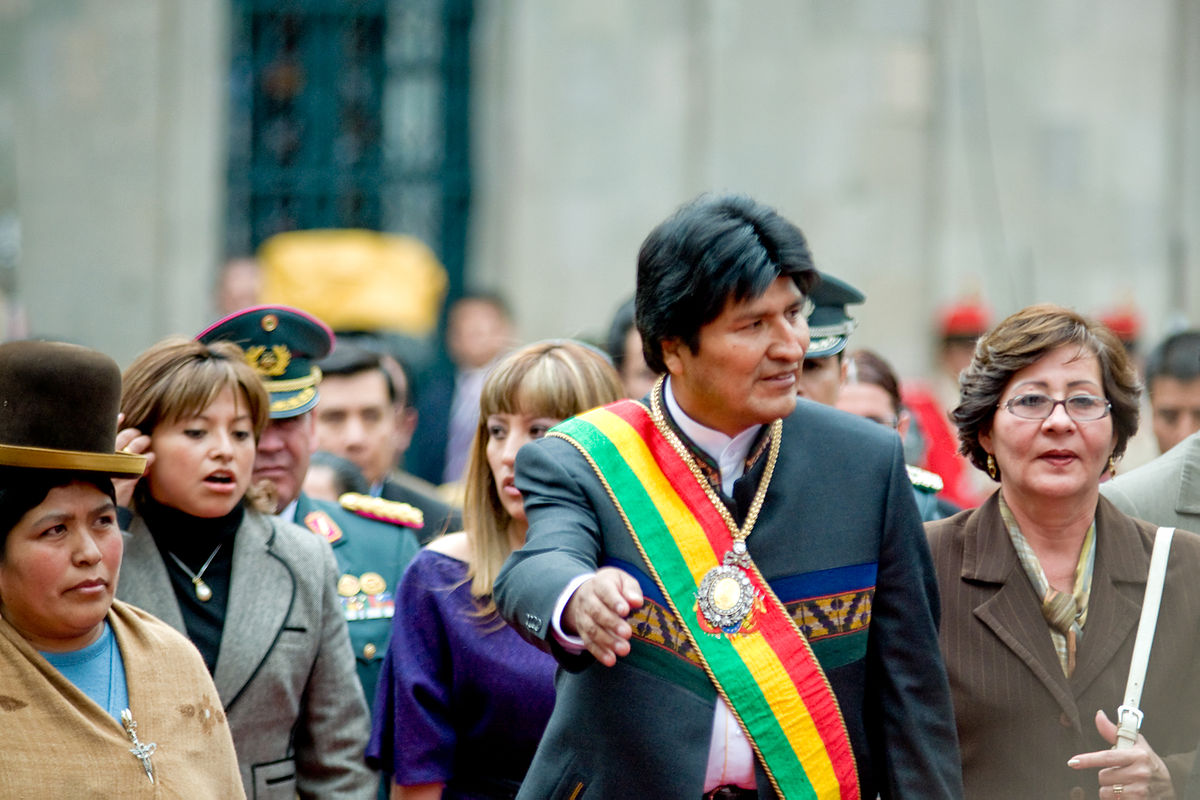News
Bolivia’s Morales begins bid for 4th term despite complaints

Morales, a one-time leader of coca farmers, became the Andean nation’s first indigenous president in January 2006 and is one of the few remaining leaders of the wave of leftists who swept into office in South America in past decades. (File Photo By Joel Alvarez (Joels86) – Own work, CC BY 3.0)
LA PAZ, Bolivia — Cheered by thousands of supporters in Bolivia’s coca-growing Chapare region, President Evo Morales began his campaign for his third consecutive re-election Saturday amid opposition assertions the constitution prohibits him from running again.
Morales, a one-time leader of coca farmers, became the Andean nation’s first indigenous president in January 2006 and is one of the few remaining leaders of the wave of leftists who swept into office in South America in past decades. If he is re-elected in October and serves out the five-year term, he would have been president for almost two decades.
Last year, Bolivia’s top electoral court accepted Morales’ candidacy for a fourth term despite a constitutional ban and a referendum in which 51% of Bolivians rejected his intention to modify the constitution to allow him to run again.
“Why five more years? To finish our great works. We feel strong; we have self-esteem; and with these crowds giving us energy we will guarantee the liberation of Bolivia forever,” Morales said to his supporters.
He launched his campaign at the airport in Chimore, about 300 kilometres (186 miles) east of La Paz, where Morales said the U.S. Drug Enforcement Administration had a base more than 10 years ago. Morales expelled DEA agents from Bolivia in 2008, and the choice of the airport to launch his re-election bid was symbolic.
“Our fight is for there to never again be an American base in Bolivia,” he said. “The United States was the owner of Bolivia. Our struggle has always been to recover our homeland and dignity.”
Polls show a competitive race heading into the Oct. 20 vote, which would go to a second round if no candidate wins an outright majority.
Morales has presided over an economic boom and is credited with lifting millions out of poverty, but he has lost support following allegations about manipulation of the justice system, his insistence to run for another term and corruption scandals. Bolivia’s opposition view him as a threat to the country’s democracy.
He supported a 2009 constitution that allowed only two consecutive terms — though he later argued the restriction took effect only after the new constitution was adopted. The former coca farmer was re-elected in 2009 and 2014.
Bolivians rejected a constitutional amendment to allow more than two consecutive terms in a 2016 referendum. But Morales’ party convinced the constitutional court to rule his candidacy was legal, saying term limits violate citizens’ human right to run for office.





















